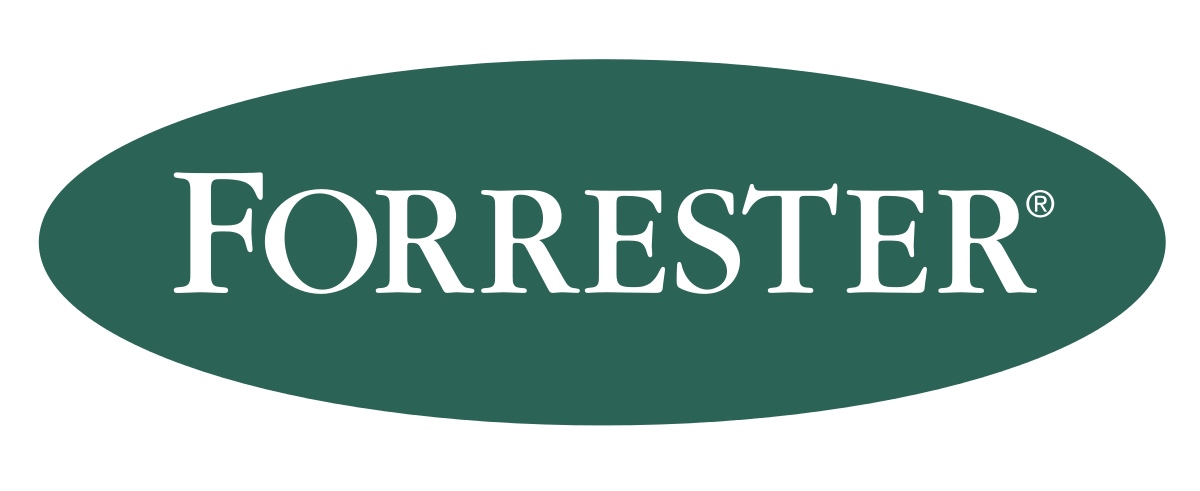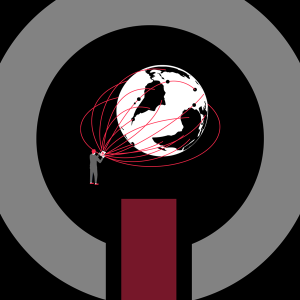In both BtoB and BtoC markets, the marketing organization and its perimeter must evolve to cope with rapid and continuous changes in their environment:
- A need to reduce time-to-market and gain agility to launch new offers and evolve revenue models
- Competitive differentiation increasingly based on customer experience and services, and less on products
- More and more data is available, but paradoxically it's difficult to make full use of it, especially when it comes to measuring marketing performance.
- Constantly evolving technologies that offer multiple possibilities (new digital acquisition levers, predictive marketing, mobile first, 5G, IoT, AI...)
These rapid changes in the business environment call into question the scope of activities targeted by Marketing Departments, in conjunction with those of Digital / IS, Development / Distribution, Customer Relations Departments, etc., in order to improve efficiency and cross-functionality .
- What positioning / target perimeter for the Marketing Department?
- What key skills should you bring in-house?

The marketing organization helps you carry out your activities with optimum efficiency
We give you 10 key principles to apply to your marketing organization for optimum effectiveness.
The marketing organization and its scope need to evolve to meet new challenges
1. Create a dedicated customer marketing department to complement our offer marketing, with responsibility for defining and embodying the customer vision.
2. Dedicate teams to designing and promoting services to develop usage and utilization (services linked to product offerings, digital services in conjunction with digital teams, etc.).
3. Develop a center dedicated to data and predictive analysis around key themes: customer knowledge, acquisition channel performance, customer segmentation, customer data quality, etc.
4. Integrate the design and management of the customer experience into the Marketing Department and ultimatelyrefocus Customer Relations Departments on customer operations (front/middle/back office management).
Practices and professions within the marketing organization must also evolve
5. Evolve operational marketing, moving from mass multi-channel marketing to personalized event-based marketing (which means a strong need for industrialization and global orchestration of contact plans) , and animate new targets (e.g. micro-influencers, prescribers).
6. Identify the product owners of digital devices and CRM tools within marketing teams, to position and legitimize the role of the business line.
7. Develop expertise in digital marketing activities (lead generation, SEO/SEA strategy, etc.).
8. Lead projects in agile mode (offer, service, marketing tool), having first trained the teams in the various methodologies(agile approach, design methodology, etc.).
9. Develop open ecosystems within marketing to foster innovation: open internally by setting up multidisciplinary project teams (sales, operations, IS, etc.) and open externally (specific expertise such as digital marketing, start-ups, academics/universities, positive impact, etc.).
10. Develop more technological skills (data, digital...), by recruiting engineers for example.
Some additional key success factors for your marketing organization
- Promote the Marketing Department's activities internally to legitimize its value and cross-functional positioning within the organization, and systematize its involvement in key projects impacting customers.
- Set up a dedicated governance structure including, in particular, sales management and operations (alignment on challenges, sharing of roadmaps/priorities, feedback from sales and operations, etc.).
Ultimately, how should tomorrow's Marketing Department be organized?
The Marketing Department has a broader, more customer-focused scope of action, a more horizontal, more agile, multi-skilled organization (data, digital, design) and is globally more technological.
The Marketing Director becomes the orchestrator of all these skills, promoting cross-functionality to develop the value of the actions implemented. He or she is also the guarantor of the implementation of strategic objectives in customer acquisition and loyalty.
These are the areas around which the Marketing Department can be organized:
- Analysis, market research and competitive intelligence, beyond your traditional sector
- Definition of the company's strategic positioning / value proposition
- Identification of development opportunities, new pricing models, new business models
- Innovation, start-up scouting
- Segmentation and customer value analysis: acquisition costs / profitability, customer life time value approach
- Identifying customer needs and expectations, listening to customers
- Development of multi-channel value propositions by customer segment, in collaboration with all divisions and sales teams
- Offers
- Services
- Consolidation of customer relations / loyalty programs: conquest campaigns, cross sell / up sell, promotional campaigns for services linked to life moments, communication campaigns
- Analysis and improvement of the customer experience (pathway studies, etc.)
- Animating customer communities
- Embodying the customer's vision and guaranteeing its understanding and coherence across the company's various businesses.
- Design and marketing of products and services
- Monitoring & development of product and service portfolios
- Pricing
- CRM requirements definition
- Definition of management requirements, performance management
- Ensuring customer data quality / data security / regulatory compliance
- Customer data governance
A new marketing organization... and new skills
The Marketing Department will need to acquire and develop new skills, particularly technological ones, which will pave the way for the integration of hybrid and scientific profiles (engineers, data scientists, etc.) within the department:
Skills to be acquired :
- Expertise in digital acquisition
- Design methodology
- Agile methodology
- Data(data governance, data engineering, data science)
iQo helps you rethink your marketing organization
iQo is a new player in the consulting sector, whose mission is to "unleash collective genius to co-construct desirable futures".
Our firm offers a unique approach to co-construction with our customers ...
- We advocatehybridization of skills and know-how
- We offer you small, experienced, agile teams (squads) that are genuinely committed to working alongside you, as an extension of your teams.
- We are "makers" and offer concrete, results-oriented solutions tailored to your specific needs.
We are a B Corp-certified company with a mission and have co-constructed 23 positive-impact commitments with our employees.
Our Marketing & Customer Experience is built around 5 themes applied in BtoC and increasingly in BtoB:
- Customer strategy
- Innovation customer experience
- Marketing & sales efficiency
- Customer relationship efficiency
- Customer-focused transformation.
We have developed specific expertise in the optimization of marketing organizations (review of perimeters within and outside management, optimization of operating methods, skills development, etc.).
If you'd like to find out more, or benefit from concrete feedback on this topic, contact us !
Further information

How to develop Customer Culture in 4 steps?
Customer culture refers to the relationship between your employees and your customers. It represents the desire, shared by the entire company, to place the customer at the heart of all our activities.

B2B customer experience: 10 trends to watch
Would you like to know which BtoB customer experience trends to adopt as soon as possible? We've got ten for you in this article. Contents 1.

Managing customer complaints: 10 best practices
In this article, we'll be revealing 10 convictions for effectively and sustainably improving customer complaints management. Win back, loyalty, re-purchase, continuous improvement

